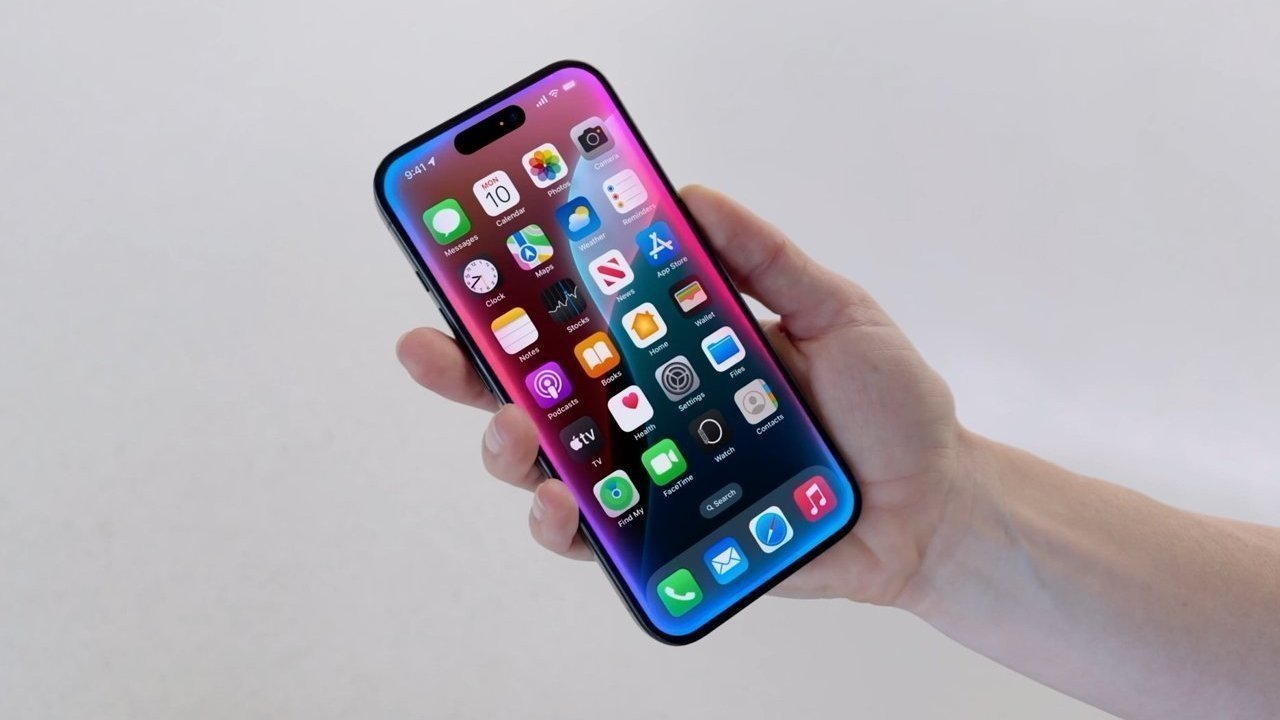Travel
U of Iowa advises international students on travel rules before Trump’s inauguration

Like MIT, USC and Cornell, the University of Iowa is advising its international students to be aware of current travel rules that will apply until Jan. 20.
But unlike other universities cautioning about potential immigration changes under President-elect Donald Trump, the University of Iowa did not explicitly say that it encourages students to return before Inauguration Day on Jan. 20.
The University of Iowa International Student and Scholar Services (ISSS) annually emails its 2,000 international students about office hours, scams, and documents needed to return to Iowa City if they travel internationally over break. But this year’s email also said “ISSS has received many questions from students and scholars expressing uncertainty regarding travel over winter break.”
“If there are changes made under the new administration after January 20, ISSS will alert you by email to any that affect F-1 and J-1 students or scholars,” the email said.
A week after Trump’s first inauguration in 2017, he signed an executive order that immediately blocked immigrants and nonimmigrants from Iran, Iraq, Libya, Somalia, Sudan, Syria, and Yemen from entering the U.S.. According to insidehighered.com, more than 17,000 students were affected by the 90-day entry ban.
Trump has promised to expand the travel ban, notably during a campaign stop in Iowa in 2023.
“We aren’t bringing in anyone from Gaza or Syria or Somalia or Yemen or Libya, or anywhere else that threatens our security,” Trump told supporters at the event, declaring that “if you’re coming from somewhere full of people who want to kill Americans, we will not let you in.”
That could include China and India, some universities have warned.
But in January last year, the former president also vowed to automatically give green cards to all foreign college students in America after they graduate, according to the New York Times. Campaign press secretary Karoline Leavitt told the newspaper there would be an “aggressive vetting process” that would “exclude all communists, radical Islamists, Hamas supporters, America haters and public charges.” She added green cards would only be issued to the “most skilled graduates who can make significant contributions to America.”
In the email, ISSS reassured students about travel procedures while emphasizing the importance of having updated and valid travel documentation, which includes a travel signature that is less than one year old on their visas. Iowa reminded students that it could help students get an updated document through virtual advising if they left the U.S. without a signature.
F-1 students are those pursuing “a full course of study to achieve a specific education or professional objective at an academic institution in the United States,” according to the University of Iowa. Most of the 2,000 international students at the University of Iowa are F-1 status students.
J-1 students or scholars are at the university for “research, teaching, observation, or other professional activities.” The University of Iowa hosts nearly 400 J-1 scholars annually.
According to Open Doors, a data project partially funded by the U.S. State Department, more than 1.1 million students from outside the United States are enrolled in American universities in the 2023-2024 academic year. Students from China and India account for 54% of international students.
University of Iowa warns international students of scams
In the email, ISSS also warned students of scams that target international students, especially when traveling for winter break and during the spring semester, when many people file taxes.
The University of Iowa emphasized a common scam circulating where someone pretending to be a federal agent calls to tell a student something is wrong with their status and they must pay a fee to correct the issue. While the caller might have correct information about the student, like date of birth, these calls are not legitimate.
“The U.S. government does not conduct its business by phone, and these calls are just another high-pressure scam. If you ever receive a call or email like this or if you are contacted by anyone telling you that you need to pay money to fix your status, please contact an ISSS advisor as soon as possible to verify the information,” the email said. “We will swiftly let you know whether there are any issues with your immigration status or whether you’ve been contacted by a scammer.”
The University of Iowa begins its spring semester Jan. 21.
Jessica Rish is an entertainment, dining and education reporter for the Iowa City Press-Citizen. She can be reached at JRish@press-citizen.com or on X, formerly known as Twitter, @rishjessica_









